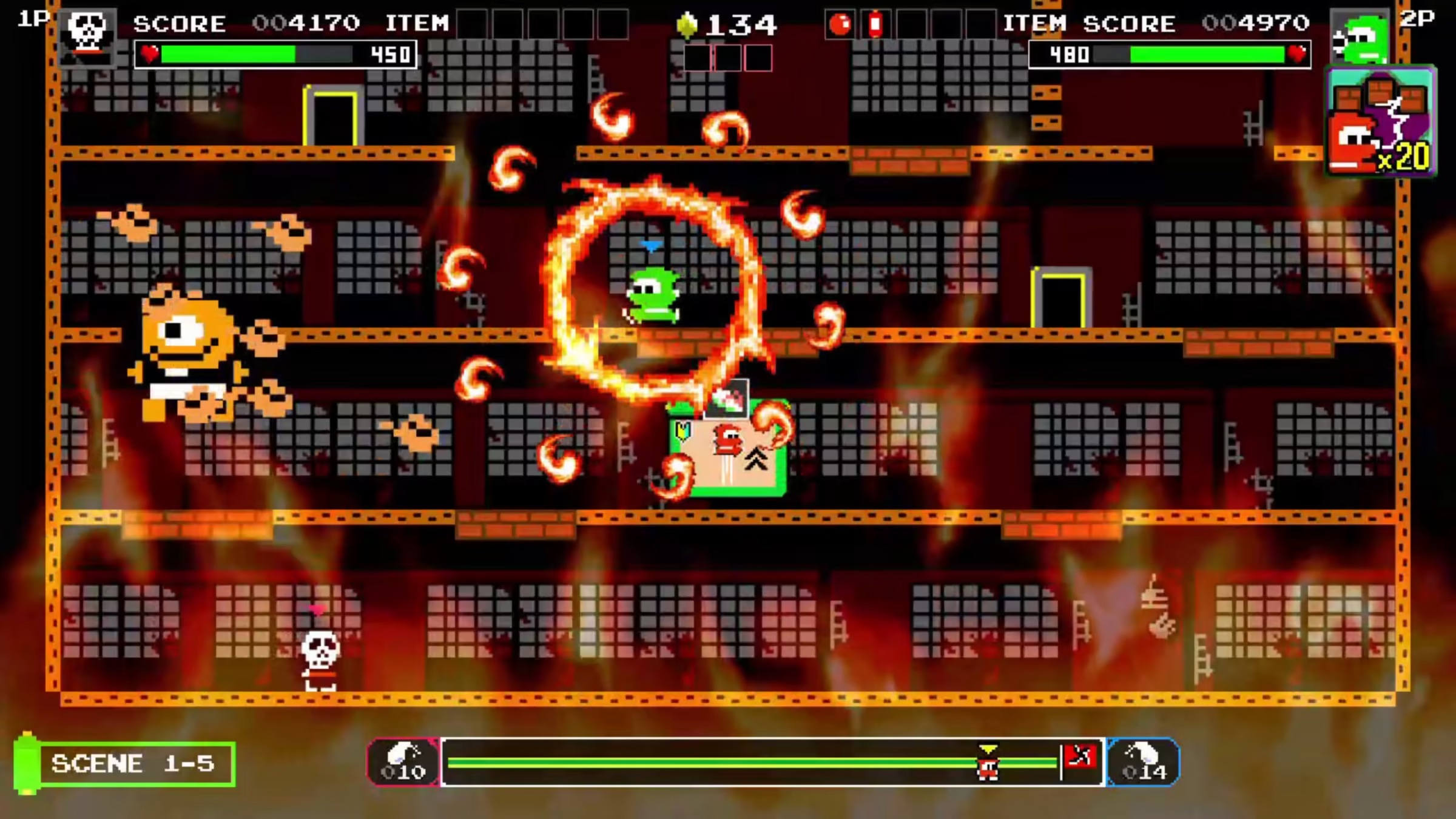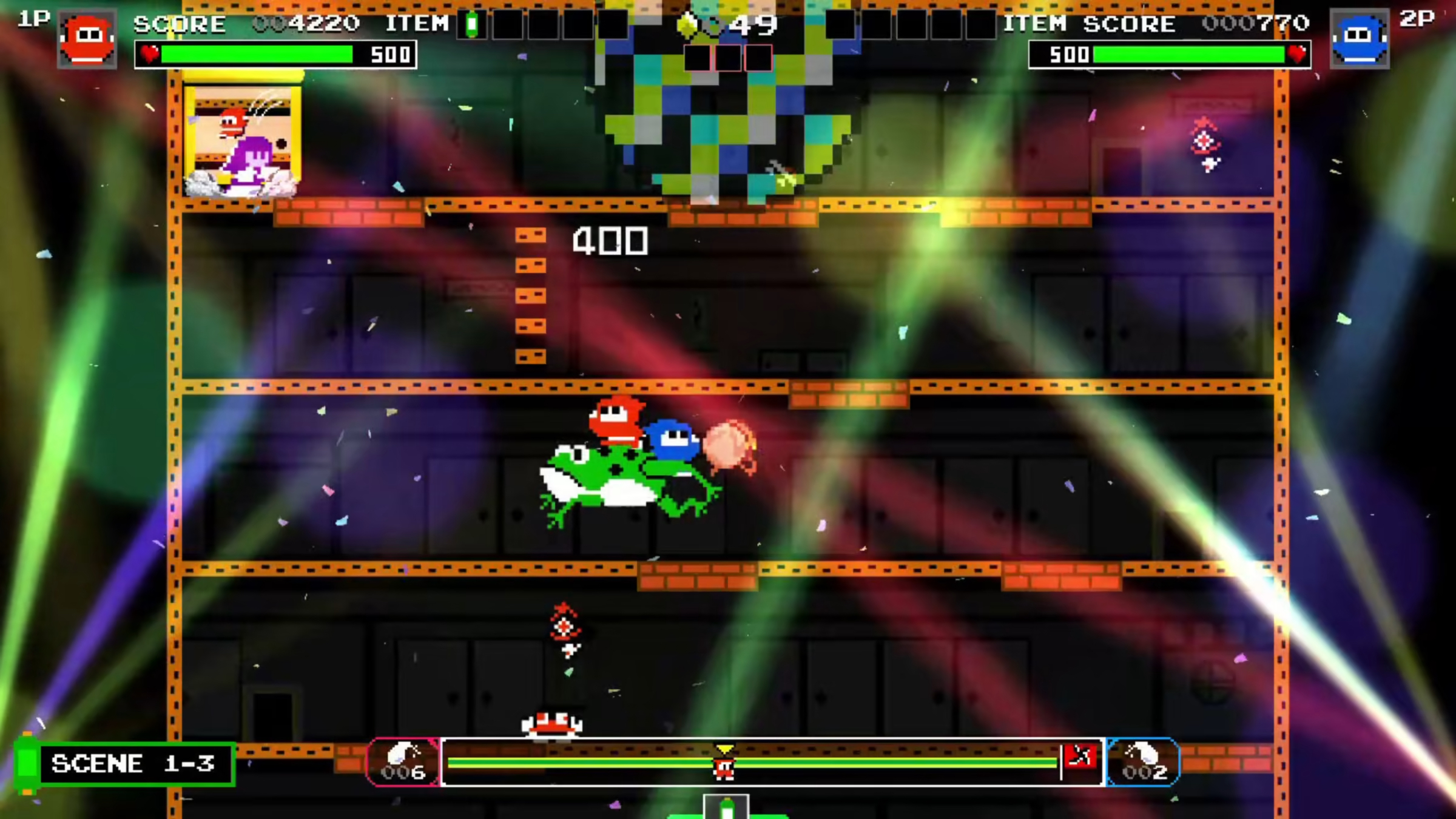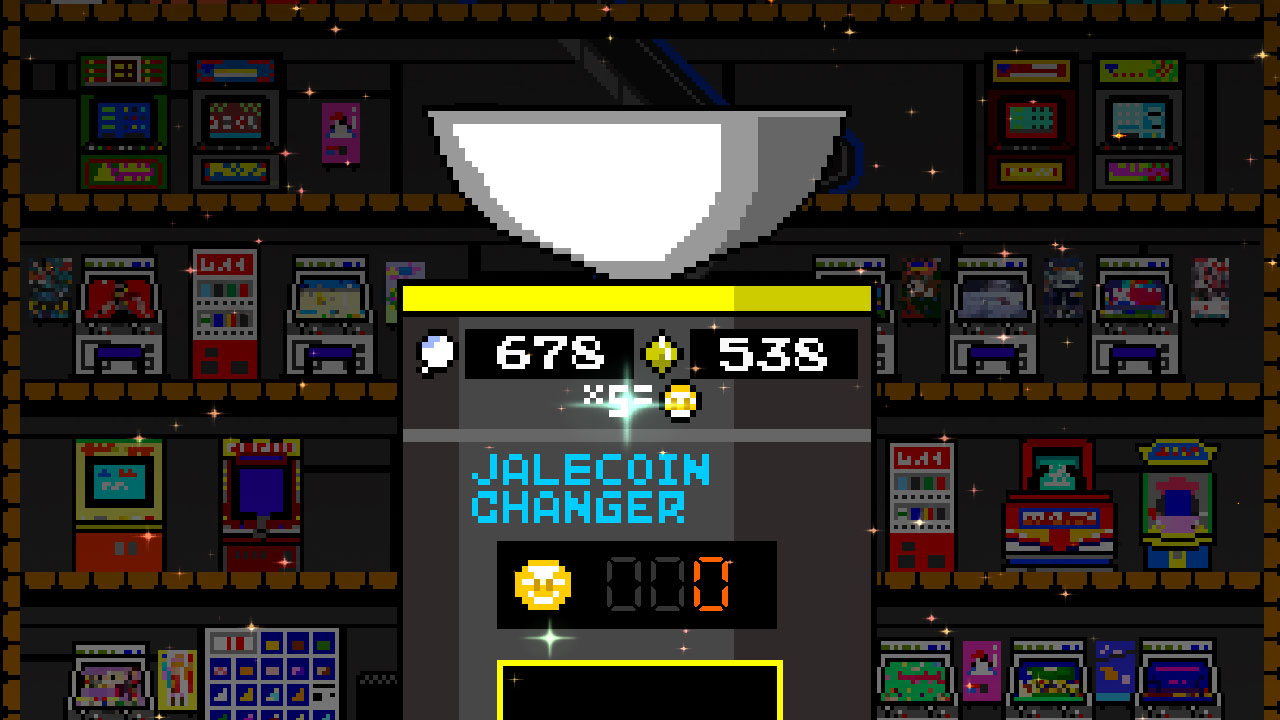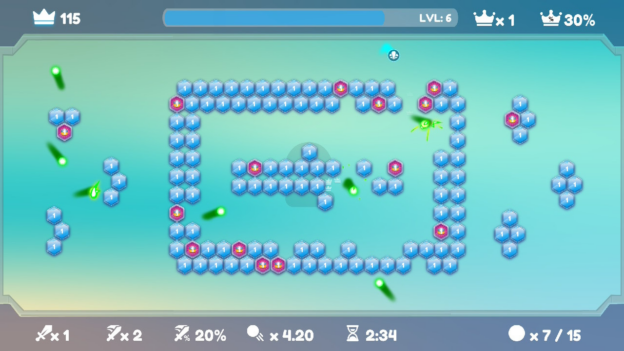Review: Ninja JaJaMaru: The Great Yokai Battle +Hell (Nintendo Switch)
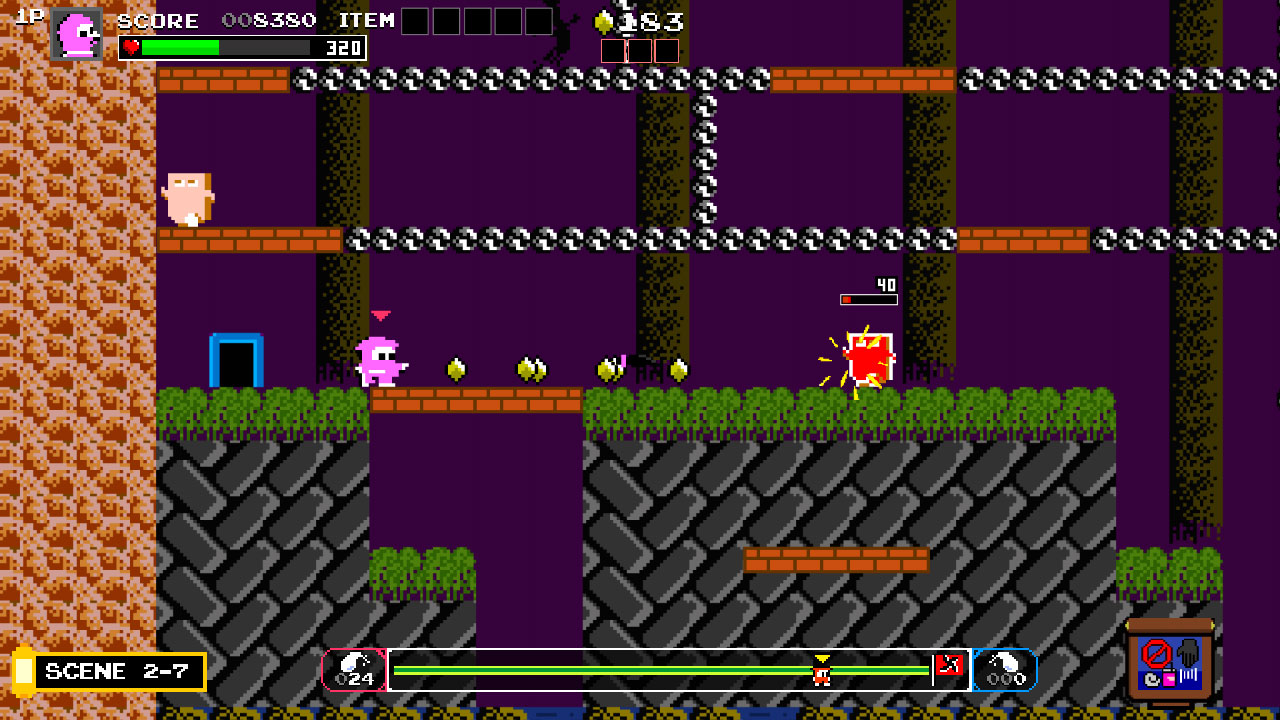
First things first, is there a game out there with a better title than Ninja JaJaMaru: The Great Yokai Battle +Hell? If there is, I haven’t said its name out loud. Second things second, this game is as much fun as its title.
It comes to us from ININ Games, which has recently dropped a number of Ninja JaJaMaru ports. We already reviewed The Lost RPGs, a pairing of two titles released in 1989 and 1990. If you’re really in search of some retro gaming action, you can go for Ninja JaJaMaru: Retro Collection. That one will give you five NES and SNES games released between 1985 and 1994. Those can also be purchased along with The Great Yokai Battle +Hell in the Deluxe Edition for just $10 more. That’s a good deal, but I’m going to focus solely on The Great Yokai Battle +Hell here. Why? Because it’s an all-new title that deserves direct attention.
As with the games for which it’s bearing the torch, The Great Yokai Battle comes with a very simple premise; you’re a ninja, and you must kill countless enemies before they kill you. The action is carried out in a single-screen scenario, although some scrolling in the cardinal directions is often required to see everything. I kind of dug that, as it made the battles seem a bit larger while only actually being a…bit larger…I guess?
Enemies appear from set locations on multiple levels, and it’s up to your ninja to jump and drop between floors in order to eliminate the threat. You can drop down from any point, but you can only move up by first breaking away specific sections of the floor above (they do reappear after a moment). You can also stun enemies if they’re on the breakaway section when you hit it, but the same applies to yourself. Positioning and timing are key to your success.
Thankfully, the ability to destroy property isn’t your only weapon. Your ninja is equipped with infinite shurikens (or other weapons, depending upon the character) that are quite effective at clearing the screen of enemies. Of equal importance, your shurikens are able to counter the enemy projectiles tossed your way. This makes it possible to charge straight at enemies until you’re able to get your shurikens through for the hit. Of course, you can always jump or drop floors to get away, and there will quickly come a time when brute forcing your way through a stage will no longer work. Enemies can be extremely frustrating on mid to late levels, but that’s all part of the routine.
Eliminating enemies isn’t your only task, however. They drop Jalecoins and “souls” when killed, and you’ll want to pick these up to redeem for various rewards and additional characters with unique abilities. None of this is necessary, really, but the historical content will appeal to retro gamers, and the additional playable content helps to keep things interesting.
Also keeping things interesting are the various power-ups that become available, the best of which is a giant frog that eats enemies or spits fireballs at them. There’s not a whole lot better than that, and timing the use of these power-ups will become necessary as you advance to the more difficult stages.
It all becomes very chaotic very quickly, and I was barely into the game before I decided to flip the jump/attack button controls. They felt counter-intuitive in their default state, so props to the developers for allowing players to adjust the controls, simple as they are. Additional props for building in single-screen two-player mode; +Hell is best experienced with +friends.
Oh, for clarity, the +Hell of the title is an unlockable mode that makes the enemies even more challenging to defeat, but allows you to level up your character RPG style. This elevates the gameplay from the standard burst of arcade entertainment to something that warrants more time and thought. Combine that with the aforementioned unlockables and achievements, and there’s quite a bit here to hold your attention.
The biggest success of The Yokai Battle, however, is simply the way it captures the spirit of the period it’s homaging. The graphics have some modern flair, but just enough to accent the 8-bit visuals. The action is tight and responsive like on old arcade cabinets until the joysticks broke. The audio can be enjoyed in either a modern arrangement or a style more indicative of the era. Although it’s a new game, the developers totally nailed the NES vibe.
How all of this fits in with the Ninja JaJaMaru franchise, I can’t really say. It’s certainly a far cry from gameplay of the The Lost RPGs. It also seems different enough from the games included with the Deluxe Edition to make that package the better purchase for nostalgia seekers (definitely the way to go for the physical edition. But if you’re just looking for a nice throwback that’s not a direct repeat of the games you’ve played before, Ninja JaJaMaru: The Great Yokai Battle +Hell is a fight worth having.

